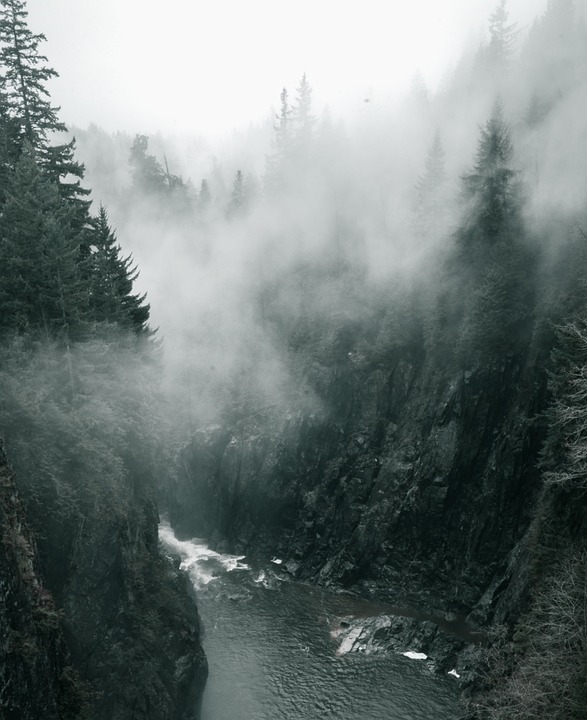The Unveiling of the Northwest Passage due to Climate Change
In the topmost hemisphere of the globe lies the Northwest Passage, a network of sea routes threading through majestic Arctic ice and connecting the Atlantic and Pacific Oceans. These frost-filled corridors, once the pursuits of historic explorers, have always been synonymous with impassable ice and extreme perils. Recent years, however, have witnessed the unveiling of the Northwest Passage due to the intensification of climate change—a true double-edged sword.
The Impact of Climate Change on the Arctic
Scientific evidence reveals that the Arctic is responding to global warming twice as rapidly as any other region in the world. This phenomenon is known as Arctic Amplification. It’s not a mere projection or hypothesis but rather a cold, hard fact. Average temperatures in the Arctic have consistently increased at double the rate than in the rest of the globe over the past few decades.
Disappearance of Arctic Sea Ice
The colossal ice floes that once defended the Northwest Passage are slowly but assuredly becoming ephemeral vapors in our heated world. Ice coverage in the Arctic has been shrinking by roughly 13% per decade since the 1970s. Recent research also unveiled that the thickness of Arctic sea ice has halved since the 1980s. This rapid depletion of sea ice makes for a progressively navigable Northwest Passage.
Moreover, there is an ongoing shift from perennial ice (which survives all year round) to seasonal ice (which melts and reforms every year). This shift leads to a self-accelerating loop of melting. As the ice disappears, it exposes dark ocean water, which absorbs more sunlight and accelerates the melting of the remaining ice. This is known as the ice-albedo feedback mechanism.
The Opportunities and Threats of a Melting Arctic
Increased Maritime Navigation
The thawing of the Northwest Passage presents lucrative opportunities for shipping routes. These routes shorten the distance between Europe and Asia by thousands of kilometers, leading to lower fuel expenses, faster voyage times, and reduced greenhouse gas emissions.
Resource Extraction
The disappearance of the Arctic ice uncovers vast, untapped reserves of oil and natural gas. This provides a mercurial draw for energy companies. However, this kind of resource extraction is fraught with environmental risks, including the threat of oil spills, which can cause irreversible harm to Arctic ecosystems.
Regional Conflicts
From a geopolitical standpoint, the thawing of the Northwest Passage can potentially ignite territorial disputes. Five nations (Canada, Denmark, Norway, Russia, and the U.S.) all have territorial claims in the Arctic. As diminishing ice boosts accessibility to resources and shipping routes, tensions are likely to escalate.
Conclusion: The Need for Sustainable Policies
Amid the myriad impacts of climate change on the Northwest Passage, the primary concern is that our actions have facilitated these significant changes. There is an urgent necessity to curb greenhouse gas emissions and recalibrate our exploitative relationship with nature.
In the face of the vanishing ice and opening routes, it is essential to implement sustainable policies that respect the fragility of the Arctic ecosystem. Without measures that prioritize the preservation of this unique and vulnerable environment over economic gain, the consequences of a melting Arctic could be much graver than we anticipate.
